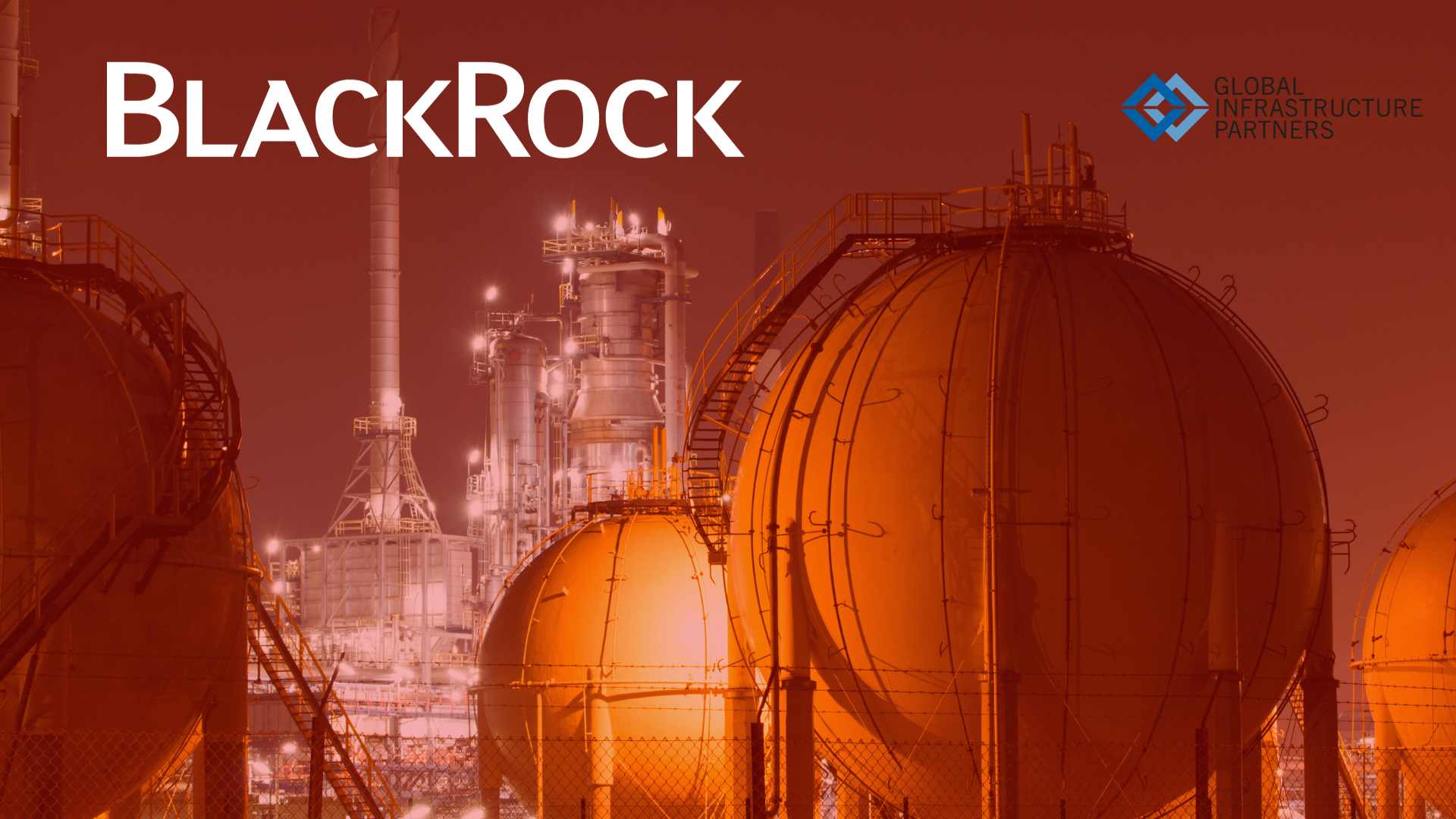
BlackRock to purchase GIP, inheriting largest stake in damaging Rio Grande LNG terminal
January 12, 2024
PESP urges BlackRock to halt Rio Grande to prevent significant community and environmental risks
Today, BlackRock, which manages a portfolio of $10 trillion, announced a deal to buy private equity firm Global Infrastructure Partners (GIP) for $12.5 billion. The purchase of GIP puts the fate of a controversial liquefied natural gas (LNG) project in the hands of BlackRock. GIP has been under fire recently since its $3.5 billion commitment to Phase 1 of the proposed Rio Grande LNG terminal in Texas. Through GIP’s investment fund, the firm has a minimum 46% ownership stake in Rio Grande LNG, the largest stake.
There has been significant community and legal opposition to this project for years. If built, the Rio Grande LNG terminal is estimated to emit the equivalent emissions of 44 coal power plants every year, about 163 million tons of carbon dioxide equivalent.
The Rio Grande LNG terminal would be built on the sacred land of the Carrizo Comecrudo Tribe of Texas yet Rio Grande LNG, regulatory agencies and banks have all failed to consult with the tribe on local impacts. Additionally, the facilities would significantly degrade local fishing, shrimping and natural tourism industries putting communities’ livelihoods at risk.
Due to these risks, communities across South Texas have opposed Rio Grande LNG. The city of Port Isabel filed a lawsuit against the Federal Energy Regulatory Agency (FERC), alleging the agency had not conducted a sufficient environmental review. The Laguna Vista Town Council, the South Padre Island City Council, and Long Island Village unanimously adopted resolutions opposing the Rio Grande LNG terminal. The Point Isabel School District that represents these communities rejected a tax abatement offer from Rio Grande LNG.
“With its purchase of GIP, BlackRock has the opportunity to halt an LNG project that has the potential to deal long-lasting harm on Texas communities, the local environment, and investors’ pocketbooks,” said Jim Baker, executive director of the Private Equity Stakeholder Project (PESP). “Communities across South Texas are building momentum in their fight against the Rio Grande LNG terminal and will only continue to fight. With BlackRock now in the driver’s seat of the proposed terminal, PESP urges the company to heed the calls of community groups in asking Global Infrastructure Partners to halt the project.”
Texas community members have already targeted and shared their concerns with the largest GIP investors of the Rio Grande project, most recently warning the Washington State Pension Board (WSIB) of the consequences of its $400 million commitment. Additionally, the Oregon Investment Council (OIC) invested $350 million into Global Infrastructure Partners’ Fund V, a fund whose capital was used to purchase the Rio Grande stake.
“GIP and BlackRock investors can also address the social, ecological, and financial concerns associated with the Rio Grande LNG terminal by urging GIP and BlackRock to halt the buildout of the project,” said Baker. “Additionally, current and potential investors should ask about reducing their exposure to the fiduciary and headline risks associated with the Rio Grande LNG terminal.”
“Global Infrastructure Partners’ destructive project, Rio Grande LNG does not have consent from the original Indigenous people of this land, the Carrizo Comecrudo Nation,” Christopher Basaldú, Carrizo/Comecrudo Tribe of Texas member, told WSIB, a major GIP investor, last November. “They have already destroyed many acres of sacred land and destroyed sacred sites, and it wishes to continue to destroy and pollute sacred lands and delicate wetlands that support endangered and threatened plant and animal species.
“The owner of Rio Grande LNG has ignored all requests for consultation from the Carrizo Comecrudo Nation and local community. Rio Grande LNG is both a continuation of the ongoing genocide of Native people and a blatant money grab enacting environmental injustice. This unnecessary project can only add to increasing climate chaos and catastrophe in the age of global boiling.”
